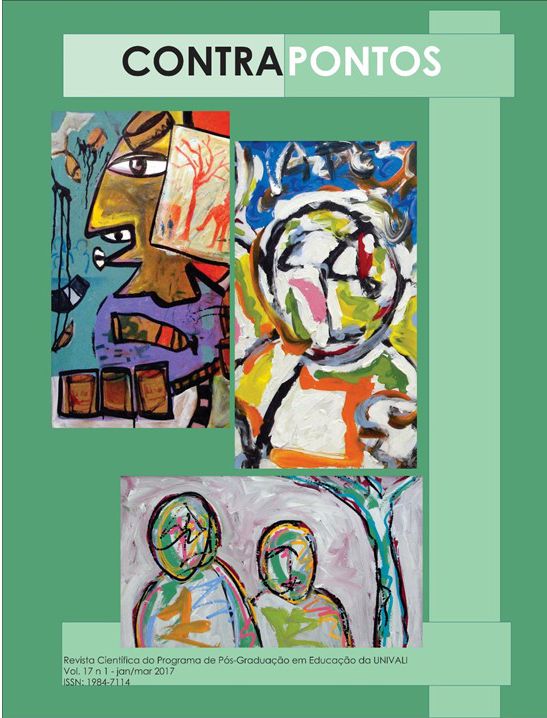
This article analyzes the educational proposals of the early twentieth century, based on the contributions of Dewey, Gramsci, Lenin and Taylor, and reflects on the influences that these theories have had in the constitution of school and contemporary education. The main methodological resource used is the analysis of the works of these authors. In the early twentieth century, the industrial society was consolidated and education came to be seen by the bourgeoisie as a space for the reproduction of society. On the other hand, educational theories were developed that inspired a new school, and an education that was linked to social issues and the integral development of man. Thus, the legacy left by the clashes of the early twentieth century, in the area of education, were very significant, especially for the advancement of mass education and its democratization, not only contributing to the development of secular, free and compulsory public schools, but also to the development of new ways of thinking about teaching and training of children and workers.





